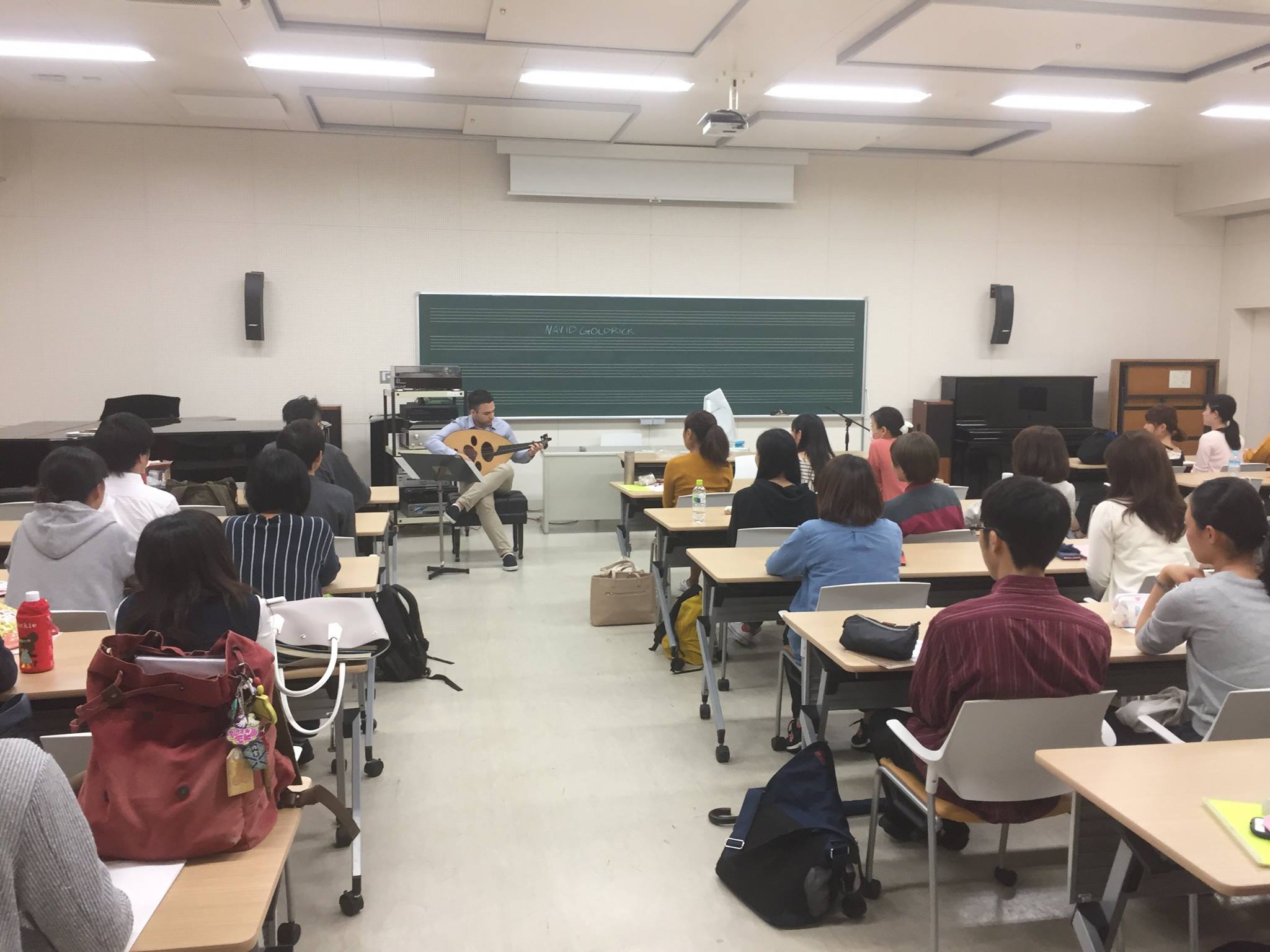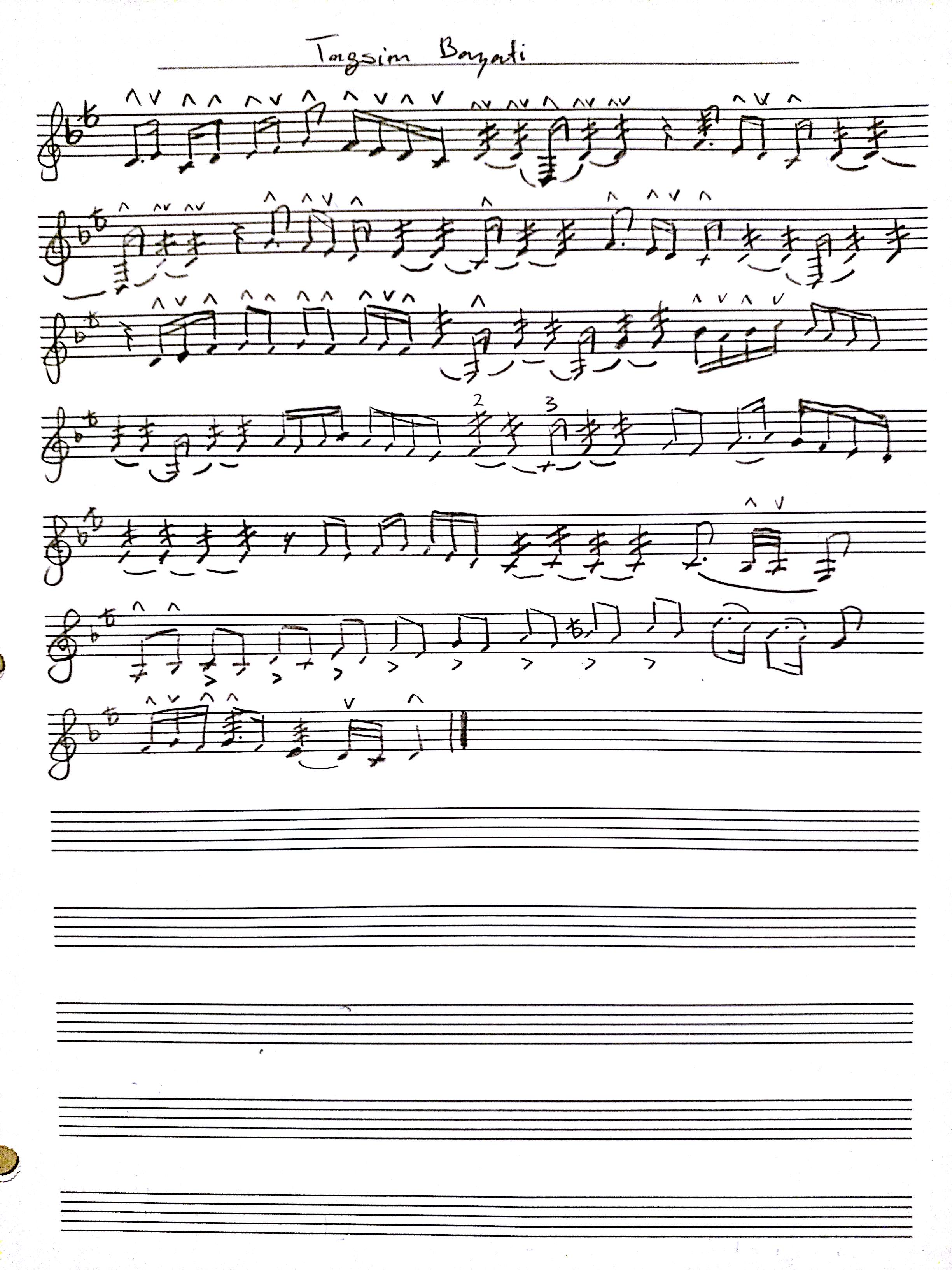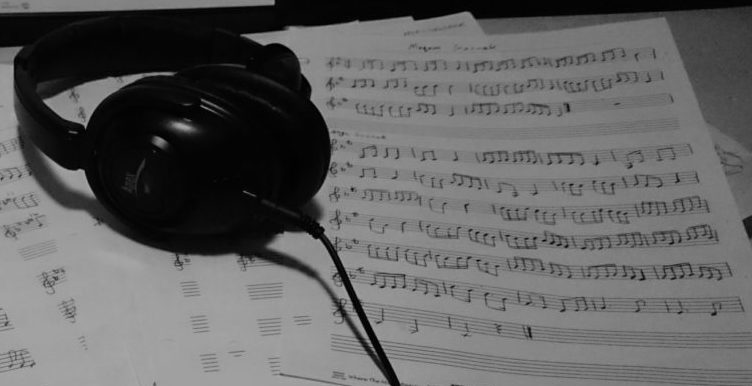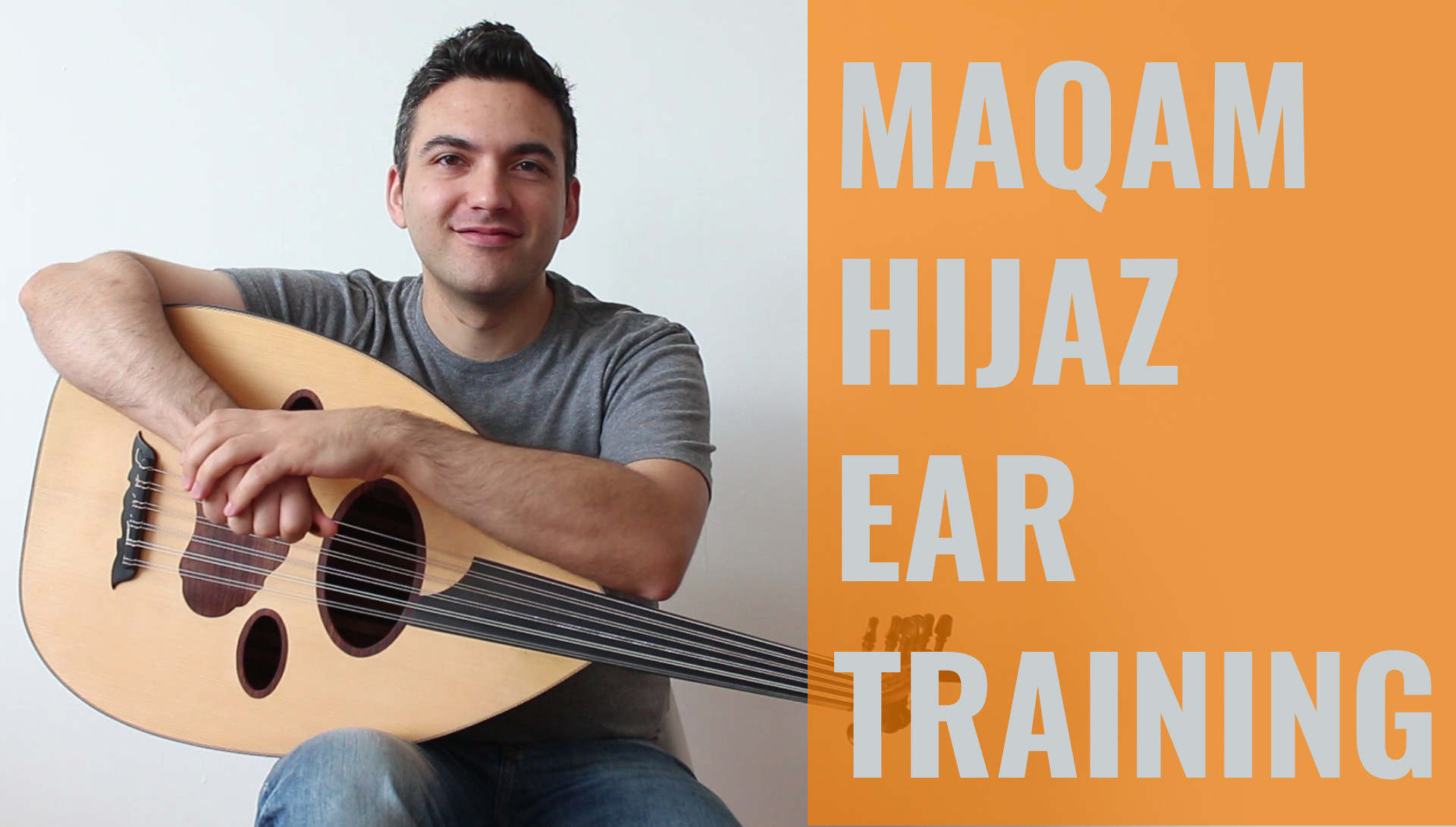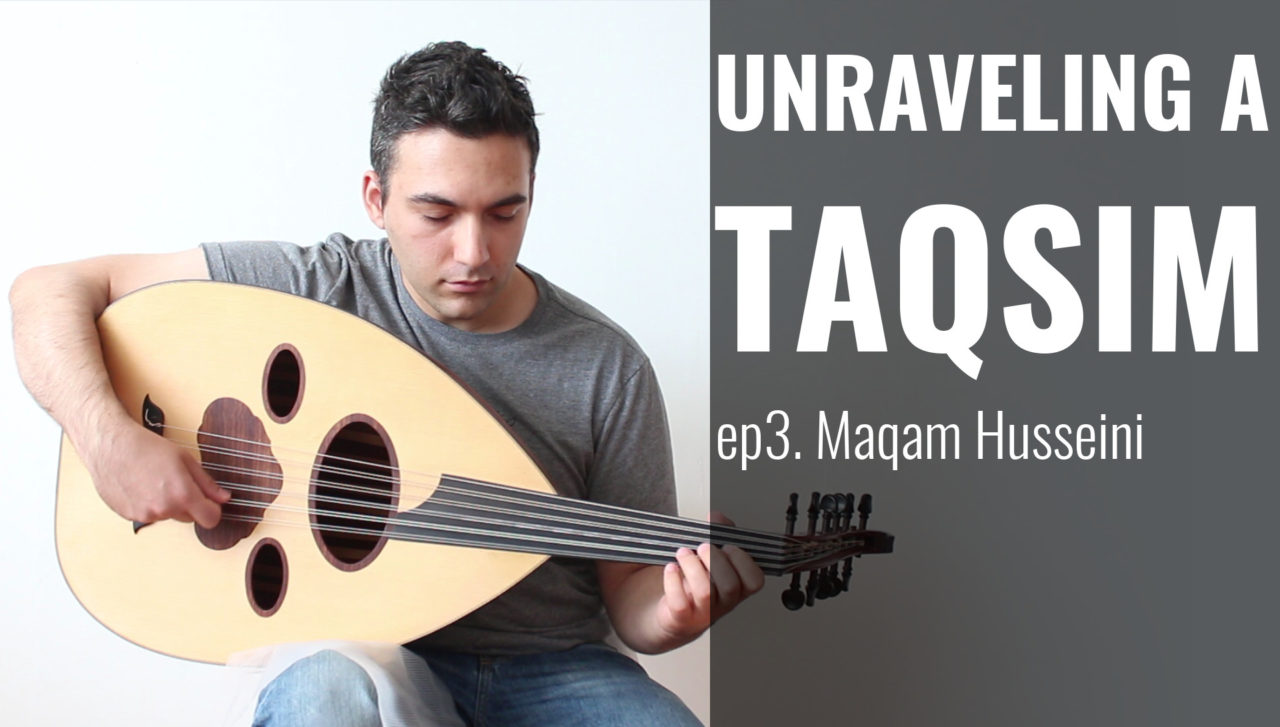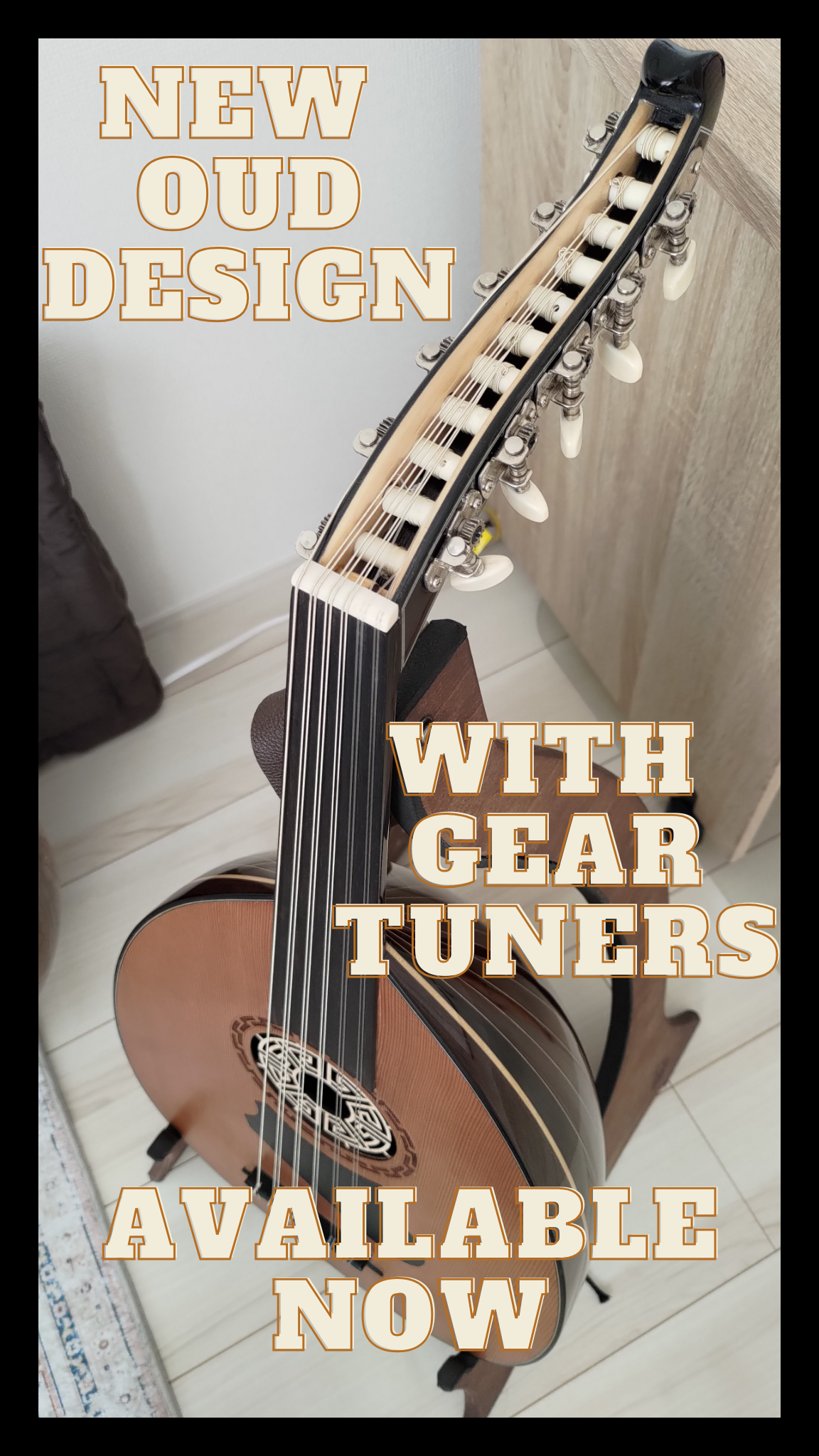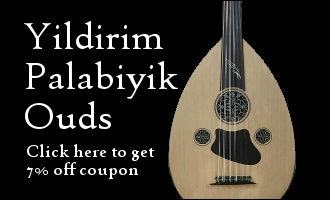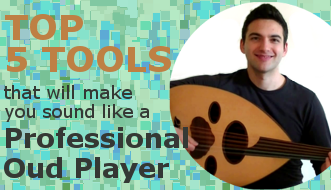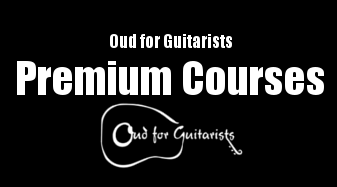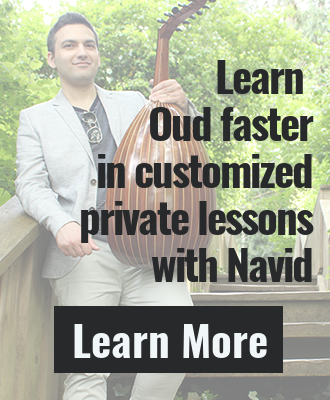Here I am with my Oud in Japan. I’ve visited Japan a few times since 2010, and this is the first time I dared to bring my Oud to Japan. I decided that on this trip I would contact some Japanese middle eastern musicians this time because… hey, there are A LOT of Darbuka, and Oud players there… And, why not… So here’s the short of how it went: …
Read MoreTaqsim Study Material – Practice Oud Taqsim
How do you learn how to play taqasim? This is a subject that is difficult to articulate. There are very few materials out there that teach taqasim. There are not many study materials written on paper about taqasim. For some Oud players, taqasim might eventually develop. For others, it takes some guess work, trial and error, and coaching. I’m of two minds in regards to this: From one perspective, you…
Read MoreHow I learned Ear Training – Learn Music by Ear (and your voice)
In the last post, you learned about active listening. Active listening is to learn music by ear. Well today I have a story about that, which I’m sure you can relate to. I was eleven when I started learning Persian Santoor. Back then, I didn’t know the difference between scales. My teacher would play one scale for me, and then play a different one, and I couldn’t really tell what…
Read MoreEar Training Enrolment Next Week!
I’m almost done the new Ear Training Program, and it’s sounding fantastic. At the end of the program, you’ll be humming Arabic melodies all day. I want you to be the first to hear about when it will be released next week. AND, I want you to try it out for free. So click the link below to get on the newsletter. And just for signing up, I’ll send you…
Read MoreMaqam Ear Training
I always had a hard time understanding Maqam Lami. It sounded so strange to me, and I didn’t find it interesting. I knew some well known songs in Maqam Lami, but it still wasn’t sticking. Fortunately, Simon Shaheen used Maqam Lami in one of his ear training sessions at the Arabic Music Retreat… Then it all started to make sense. I took what I learned from his method and created…
Read MoreUnraveling a Taqsim: Episode 3 – Maqam Husseini (free taqasim training download)
This week I have another taqsim for you to watch and follow along with. This one goes all over the place, and has a little Persian flair to it in some parts. Free Taqasim Training Audio In addition, I’ve created two taqasim training audio files that you can download at the bottom of this page when you sign up. A lot of people ask, “how do I…
Read MoreUnraveling a Taqasim – Episode 1. Maqam Ajam Ushayran
It has been difficult to make time for practising Oud this week. But on the days I was able to, it happened because I put Oud first on my list of things to do. One of the things I’ll be working on for myself since the retreat is taqasim. Previously, I’ve always allowed my taqasim to be completely spontaneous. I don’t think about it. But after the retreat…
Read MoreEverything you need to learn in one song – Doulab Bayati
Learning the subtleties of Arabic music can take a long time. When I was learning Arabic music, I was listening to lots of music so I could hear examples of everything and absorb all the melodies and nuances of all the different maqamat. I was copying these melodies on the Oud and trying to bring them out. It was a very long process, and I became very good…
Read MoreThe Ultimate Guide to Persian Music
Persian Music is EASIER to Learn Persian music is definitely not as popular among Western peoples as is Arabic and Turkish music. There could be many reasons for this, but I think the two biggest ones are: 1.) The political climate of the last 30 years has closed off Iran’s cultural heritage to the world to only a select few with the tenacity to pursue it. 2.) The music itself rather introspective,…
Read MoreThe Difference Between Persian, Arabic and Turkish Quartertones
If you don’t know anything about me, the first thing you should know is that I only started listening to Arabic and Turkish music about 8 or 9 years ago. I’m Persian, I grew up listening to traditional Persian music, and the bulk of my musical education is in Persian music. So when I started to listen to Arabic and Turkish music I noticed that the quartertones (or…
Read More
